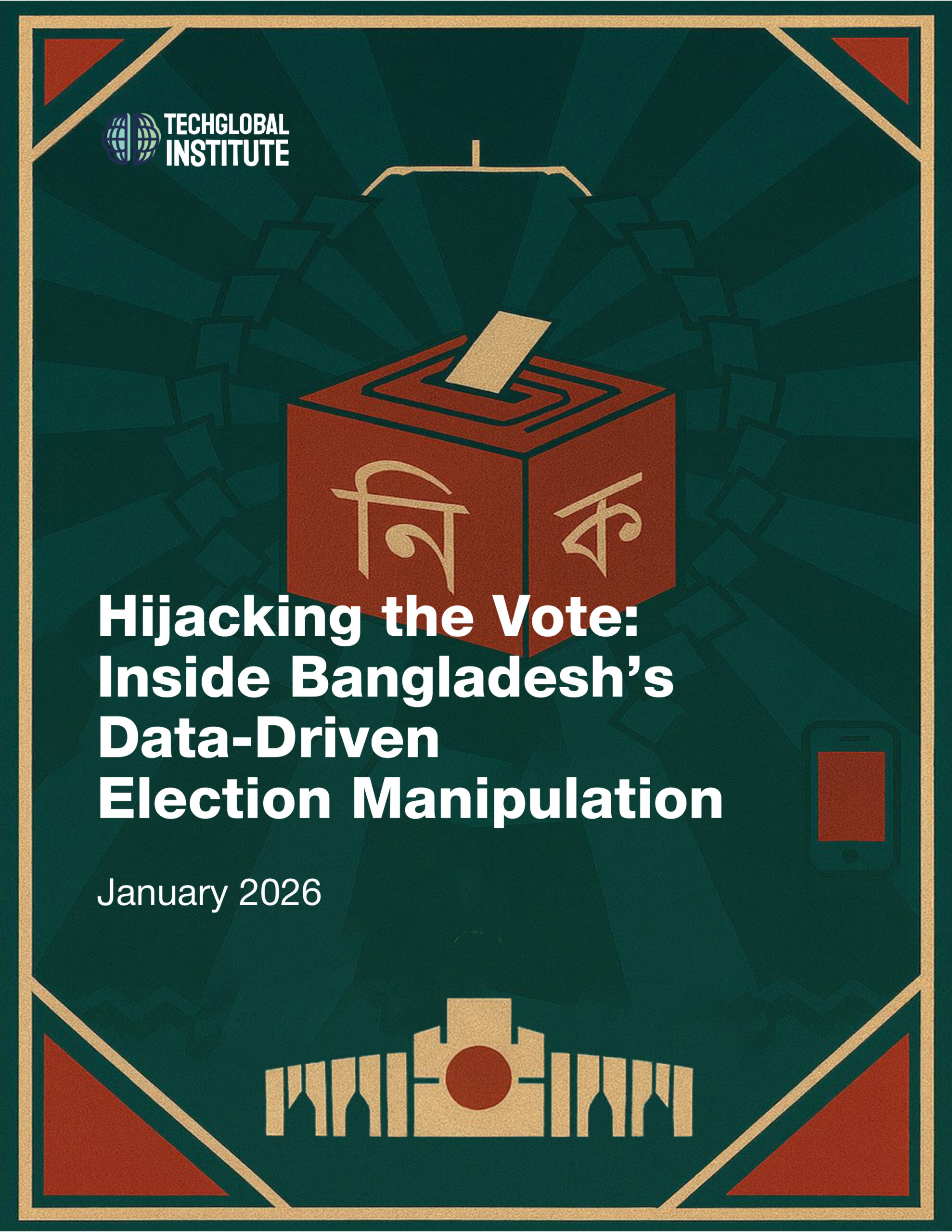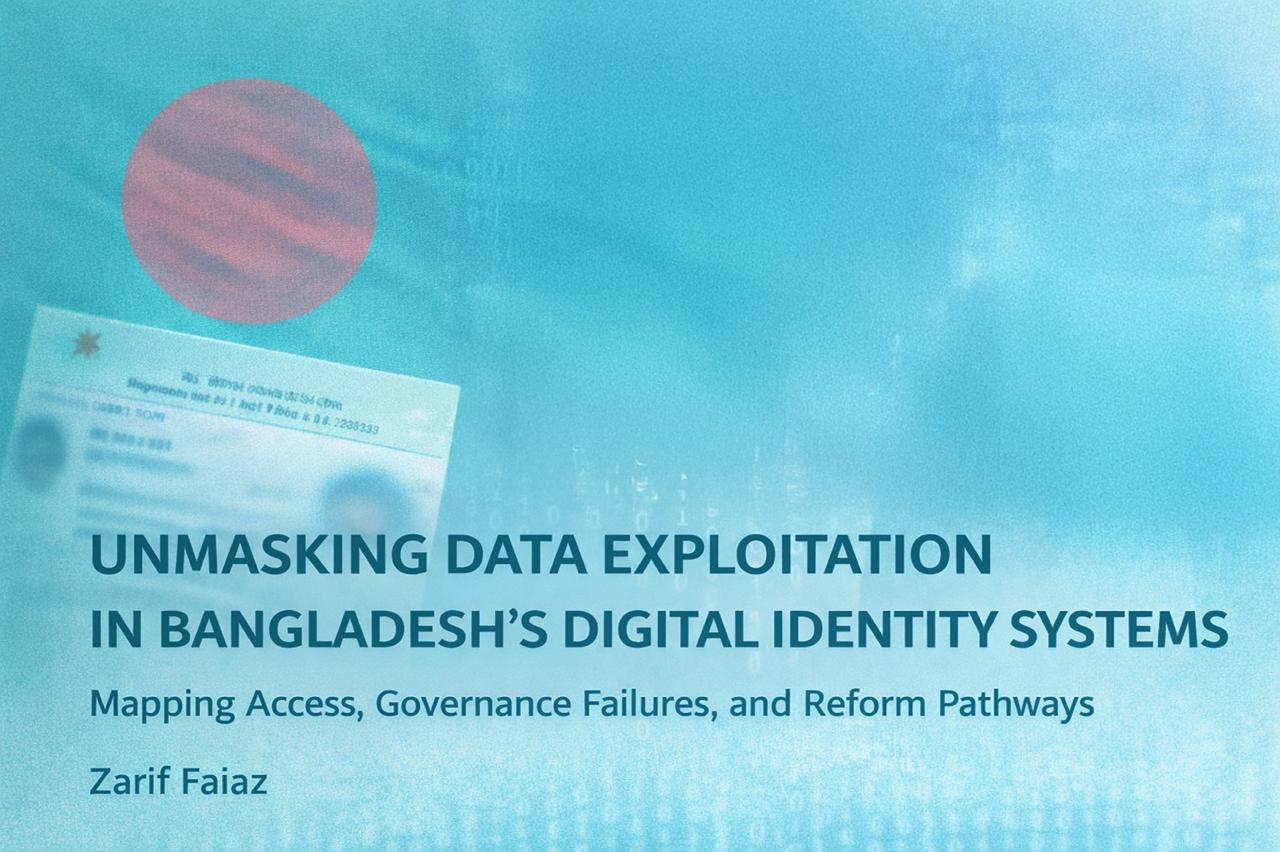Digital financial services have brought about a significant revolution in the distribution of government cash benefits in rural Bangladesh, especially during the COVID-19 pandemic. Previously, the disbursement of cash benefits was often plagued by inefficiencies, delays, and corruption. However, the adoption of digital financial services has transformed the way these benefits are delivered, providing numerous advantages for both the government and the beneficiaries.
Efficiency and Transparency: Digital financial services have streamlined the process of distributing cash benefits, eliminating the need for physical cash transactions. Instead of relying on manual paperwork and multiple intermediaries, the government can now directly transfer funds to beneficiaries’ mobile wallets. This digital process reduces administrative burdens, minimizes the risk of errors, and ensures that the right amount reaches the intended recipients promptly. As a result, the system becomes more efficient and transparent, reducing the scope for corruption and leakages.
Financial Inclusion: One of the primary benefits of digital financial services in rural Bangladesh is the expansion of financial inclusion. Many individuals in rural areas lack access to formal banking services, making it challenging for them to receive cash benefits. However, mobile money platforms enable these individuals to open accounts and receive funds directly on their mobile phones. This inclusion empowers them with financial services and improves their ability to save, invest, and participate in the formal economy.
Security and Convenience: Digital financial services provide a safe and secure way to receive cash benefits. In the past, beneficiaries had to travel long distances, often carrying significant amounts of cash, which made them vulnerable to theft or loss. With digital transfers, the risk of physical cash handling is eliminated, enhancing the safety and convenience of receiving benefits. Moreover, beneficiaries can access their funds at any time, enabling them to meet their immediate financial needs without delays or restrictions.
Cost Savings: The adoption of digital financial services for government cash benefits can result in significant cost savings. Traditional cash-based systems involve expenses related to printing and distributing cash, maintaining physical infrastructure, and employing a large number of staff for handling transactions. By transitioning to digital transfers, the government can reduce these costs and allocate resources more efficiently. These savings can then be redirected towards other developmental initiatives or increasing the coverage and value of cash benefits.
Enhanced Monitoring and Evaluation: Digital financial services offer improved monitoring and evaluation capabilities for government cash benefit programs. With digital transfers, the government can track the flow of funds and gain real-time insights into how beneficiaries utilize their funds. This data can be leveraged to assess the effectiveness of programs, identify areas for improvement, and make evidence-based policy decisions. Additionally, the transparency of digital transactions enables better accountability, ensuring that cash benefits reach the intended recipients and are used for their intended purposes.
By leveraging digital platforms, the government has ensured that cash benefits reach beneficiaries in a timely, secure, and accountable manner. It will be critical for the government to continue building on the behaviors adopted during the pandemic to transition to a fully cashless society. This will largely be possible if people continue to be incentivised to use digital financial services because of its cost-effectiveness, convenience and most importantly, diverse use cases. The transformation of cash benefit distribution is a significant step towards building a more inclusive and digitally empowered society in rural Bangladesh.



